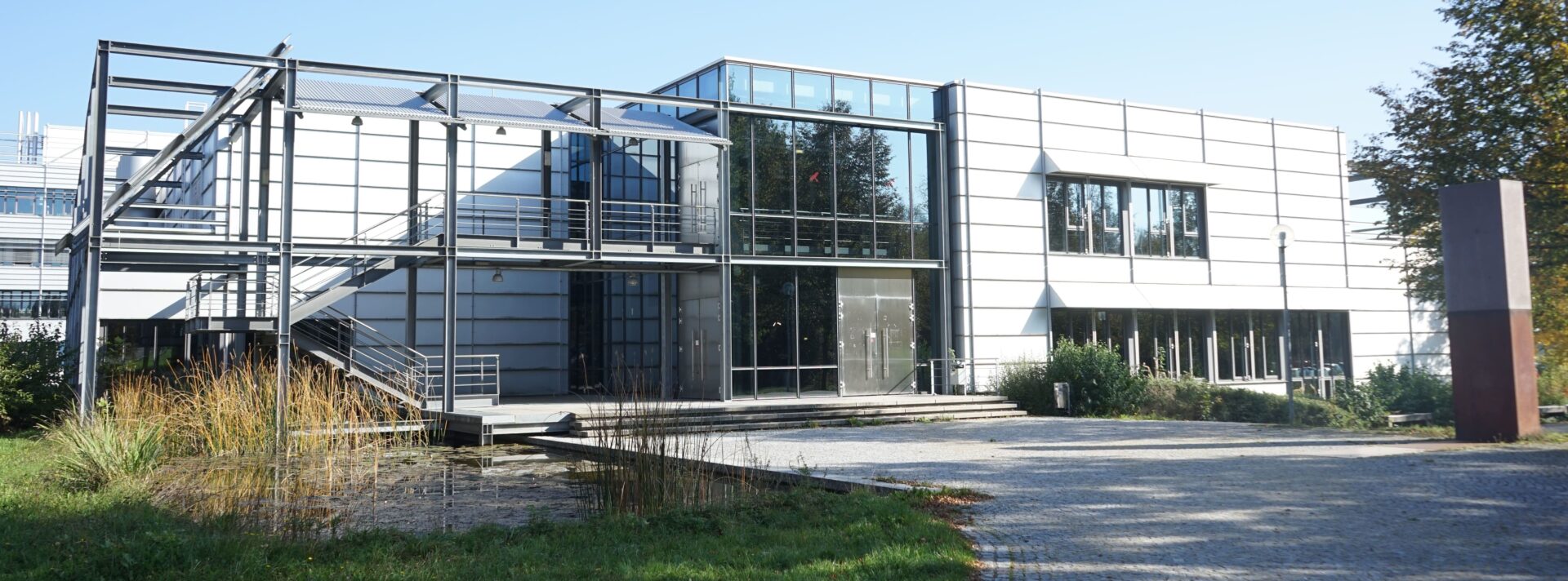
Augsburg as a student city
Augsburg is a city located in Swabia, Bavaria, Germany, 50 kilometers west of Bavarian capital Munich. Augsburg is a vibrant industrial city, high technology products like printing systems, large diesel engines, industrial robots or components for the Airbus A380 and the Ariane carrier rocket are produced there.
It is a university town with an impressive historical city center. Founded by the Romans 15 BC, it is the oldest city in Bavaria and the second oldest town in Germany. It is a Renaissance-city to visit, with famous sights to see. In 2019 Unesco recognized the Water Management System of Augsburg as a World heritage site because of its unique medieval canals and water towers. Founded in 1970, the University of Augsburg is one of the most recent reform universities in Bavaria which offers a large range of programs at all levels.
Study in the University of Augsburg
Through cooperation agreements with more than 220 universities and research institutions in over 57 countries, the University of Augsburg is connected across the globe. The University of Augsburg welcomes 20,000 students, among whom about 9% are international students.
The University of Augsburg’s overall ranking by US News is #1266 out of 2165 globally.
It ranked #54 in Germany out of 369, #748 out of 14131 in the global 2023 EduRank rating, and scored in the TOP 50% across 35 research topics.
Its overall ranking by CWUR is #1125 out of 20531 (top 5.7%) for the year 2023.
Its ranking by ARWU for Mathematics stream is #301 out of 500 in global ranking, #8 out of 33 in Germany for the year 2022.
Research
Research at the University of Augsburg combines fundamental research with applied research in the following fields: Environment and Climate, Health and Medicine, New Materials and Resources, Data and Artificial Intelligence, Society and History, Economy and Law, Languages and Literature, Teaching and Learning and Art and Music. In Materials Science both structural materials like high performance composites and functional materials like magnetic materials, multiferroics, superconductors organic seminconductors are studied. These fields are also at the heart of high-performing research networks and centers that aim to expand inter- and transdisciplinary research in future-oriented fields. The University of Augsburg has currently 17 projects funded by the EU and 125 projects funded by the German Research Foundation.
For more information, please read: https://www.uni-augsburg.de/en/forschung/
International student services:
Please view the guide with information regarding accommodation, visa validation, residence permit applications, health, budget, insurances, daily life:
https://www.uni-augsburg.de/en/studium/studieren-augsburg/
For more information, please also contact the International Office: info@aaa.uni-augsburg.de
Getting to Augsburg :
By car:
The city of Augsburg is located on the german highway A8 Munich-Stuttgart, which is part of the german highway system
By train:
The city of Augsburg is an important railway hub with connections via ICE trains from Stuttgart/Ulm to Munich and from Nuremberg to Munich. Additionally there are numerous local trains connecting Augsburg with many other cities.
Locally a powerfull tramway network connects the university to the city center.
By plane:
The next airports are Frankfurt, where at the airport station one can directly change into an ICE train to Augsburg or Munich, which is connected to Augsburg via local trains.
